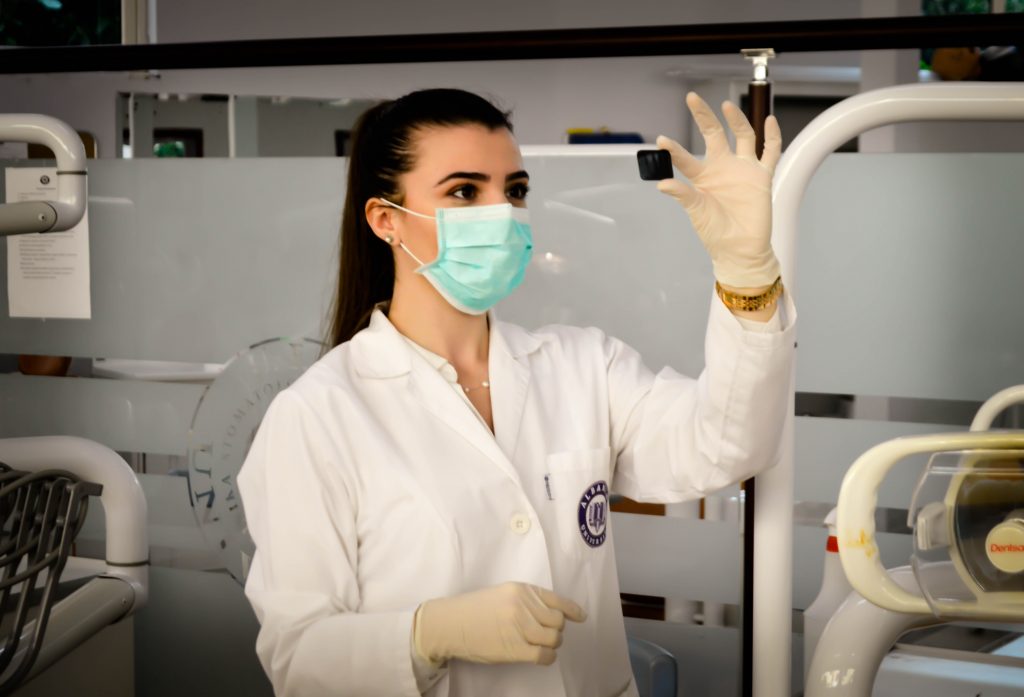What is the difference between Kennen and Weten? Posted by Sten on Jan 24, 2019 in Culture, Dutch Language, Dutch Vocabulary
Kennen and weten are two Dutch verbs that look different, but translated to English mean exactly the same: “to know”. So what is the difference? When do you use kennen? And when do you use weten?
Weten
Weten seems to refer to actually having researched knowledge, made observations about a certain topic – like a scientist that weet something. In fact, science is called wetenschap (“know-ship”, if you will). The Van Dale gives the following definition of weten:
- bekend zijn met, kennis hebben van, op de hoogte zijn van (to be acquainted with, to have knowledge of, to be aware)
- in staat zijn (to be capable of)
- de gevolgen ondervinden van (to experience the consequences of something).
I will leave out the second and third definition, as they are both more rather colloquial. I could write a different post on that!
What about kennen? Let’s see if we can compare that definition.
Kennen
Kennen is defined by the Van Dale as:
- bekend, vertrouwd zijn met
- beleven
Again, we will leave out the second definition. It is all about the first!
So the definition of weten is:
- bekend zijn met, kennis hebben van, op de hoogte zijn van (to be acquainted with, to have knowledge of, to be aware)
And the definition of kennen is:
- bekend, vertrouwd zijn met (to be acquainted, familiar with)
From these definitions, it looks like kennen is more based on knowing a topic more deeply. Weten is having the knowledge, but not necessarily all the details. Weten has an etymological history from gezien hebben (“to have seen”), which indicates little knowledge, but having an idea. It is hard to explain.
An example:
Ik weet een dokter! (I know a doctor!)
Ik ken een dokter! (I know a doctor!)
Ik ken die dokter! (I know that doctor!)
Ik weet die dokter! is actually incorrect. Because it is bepaald (specific), weten does not work; it only implies general knowledge, not more familiarity. In the same way that ik ken een dokter implies a more direct, personal relationship than ik weet een dokter.
In other words:
Ik weet wel wat over Brexit, ja. (I know a bit about Brexit, yes). Ik ken wel wat over Brexit, ja is incorrect. Saying ik ken de Brexit would imply that you know a lot about the Brexit!
De Bijzin
Interestingly, you cannot make a bijzin (subordinate clause) with kennen, but only with weten. So if you want to say “I know that the Earth is round”:
Ik weet dat de Aarde rond is.
So anytime you want to show your knowledge in a subordinate clause, only go with weten. That is a nice rule to know!
Another thing, when somebody reminds you of something “you are supposed to know”, you can say: ik weet het (I know it).
If you want to acknowledge that you recognize something, you can say: ik ken het. After all, herkennen means “to recognize”.
If you want to know if somebody already made up their mind, you ask: weet je het al? (Do you already know it?).
So perhaps we can conclude that there are few differences, but simply that weten is more general knowledge, more abstract knowledge, and that kennen is more specific, familiar knowledge.
Do you have other examples to add? Have you struggled with these two? Are there more such similar words that you know of? Let me know in the comments below!

Build vocabulary, practice pronunciation, and more with Transparent Language Online. Available anytime, anywhere, on any device.






Comments:
Andrea:
Thank you for the explanation, it was very clear 🙂